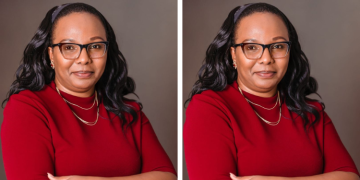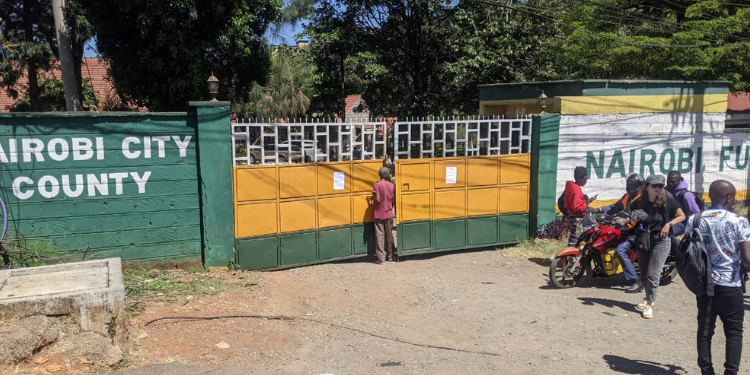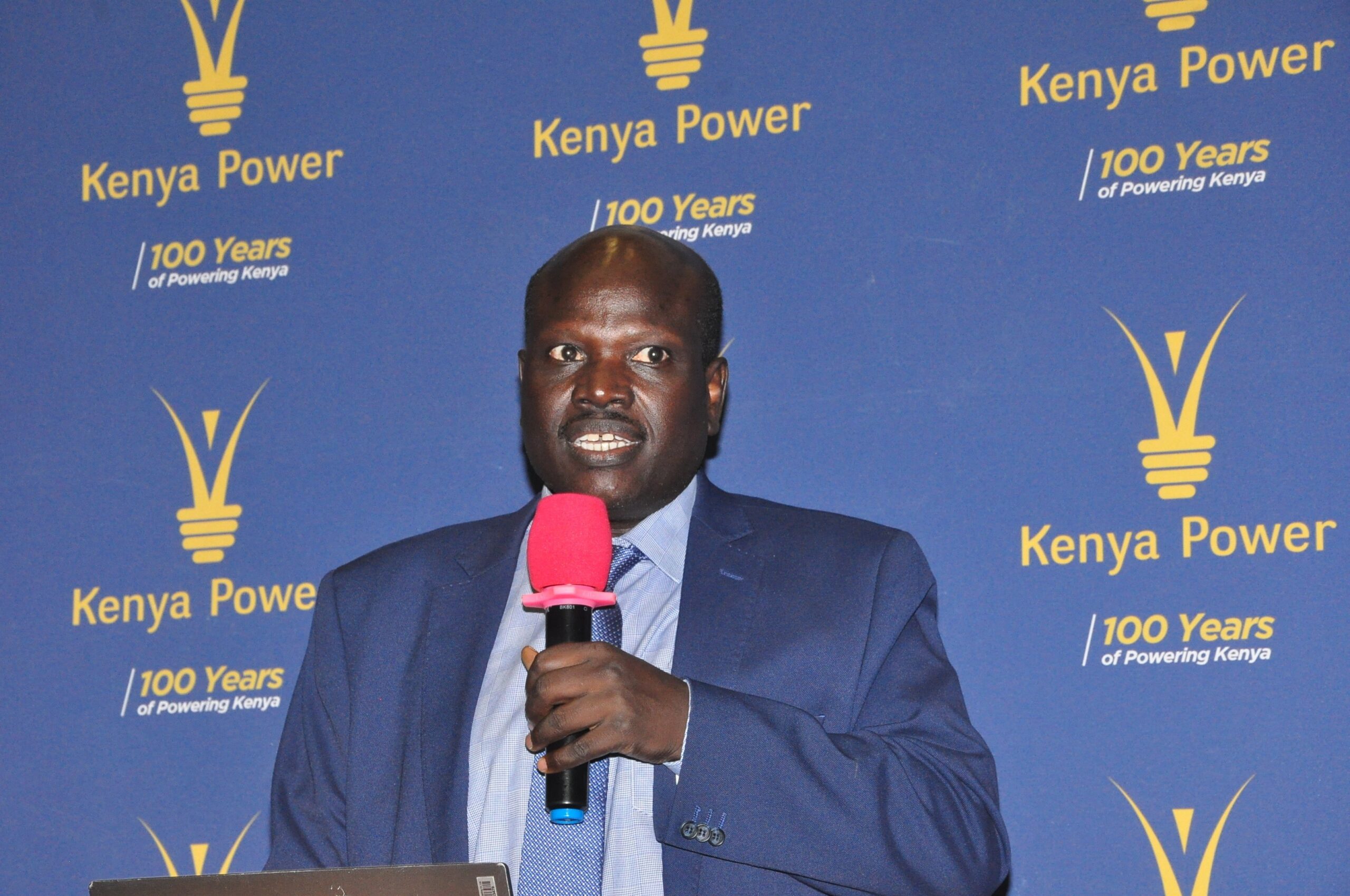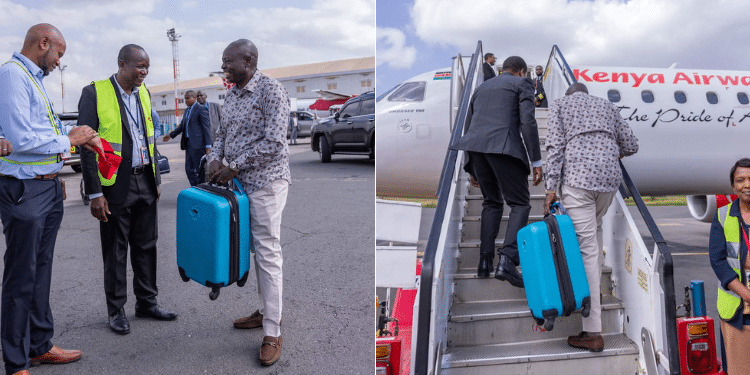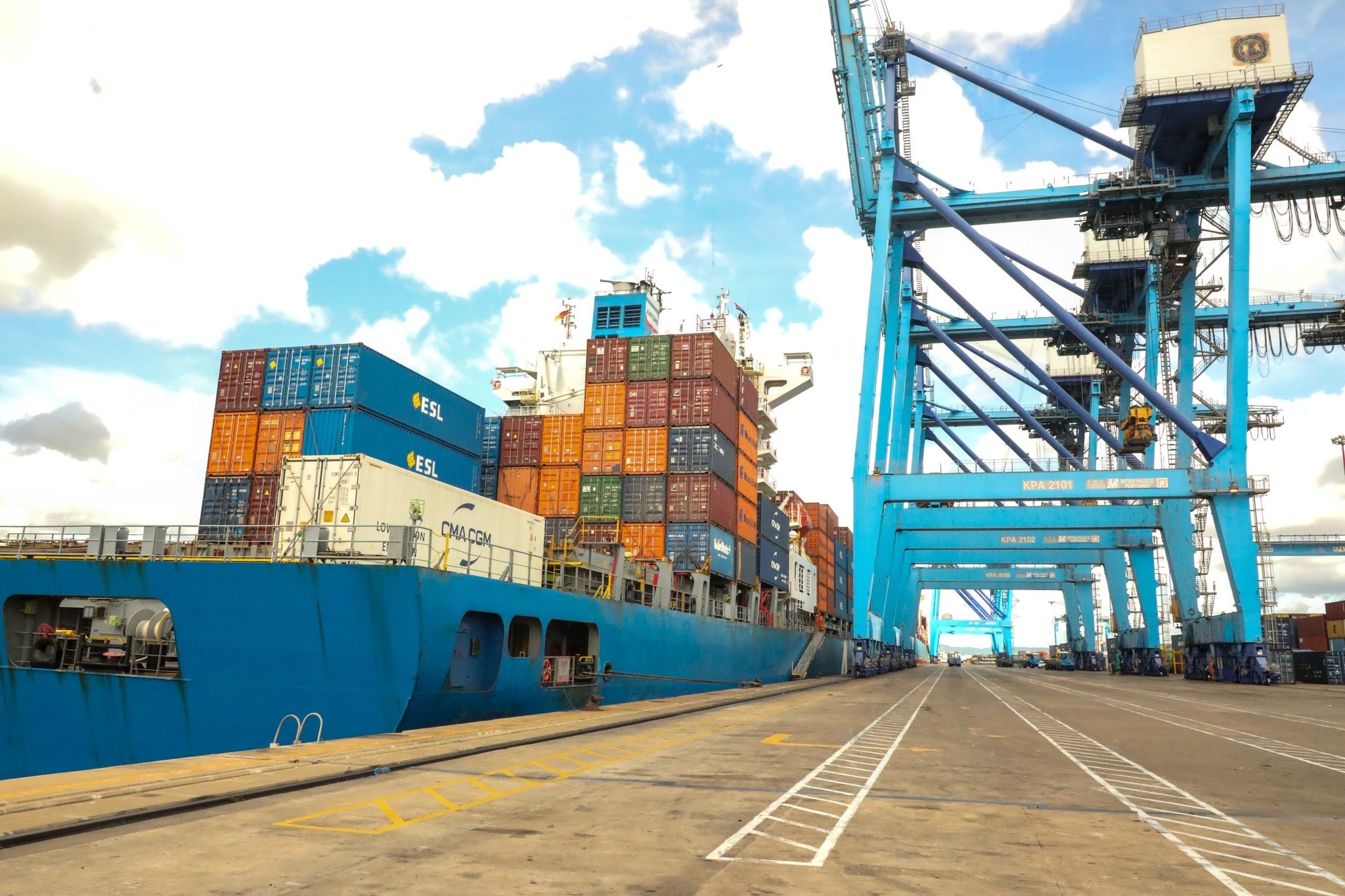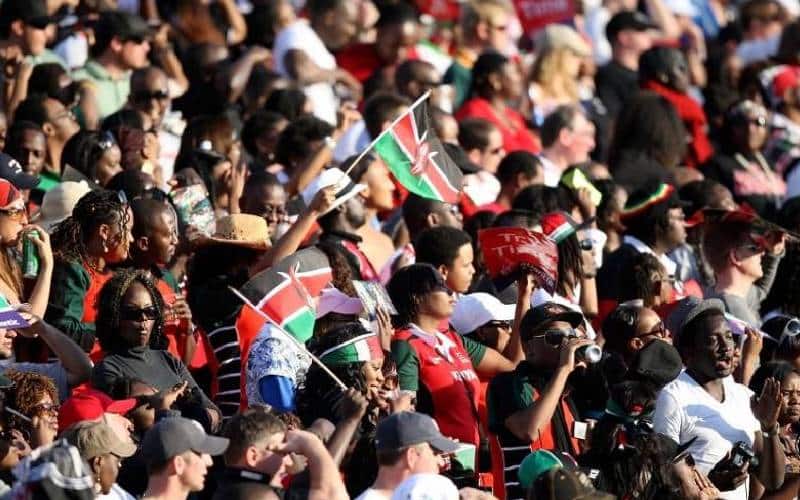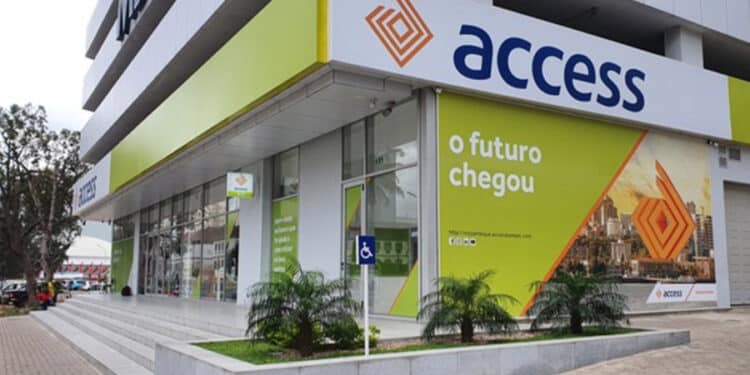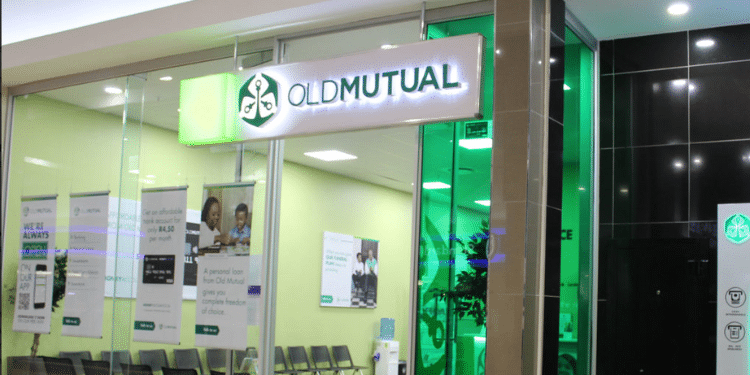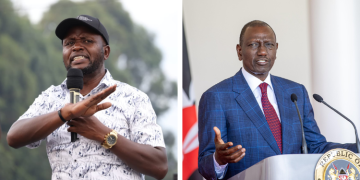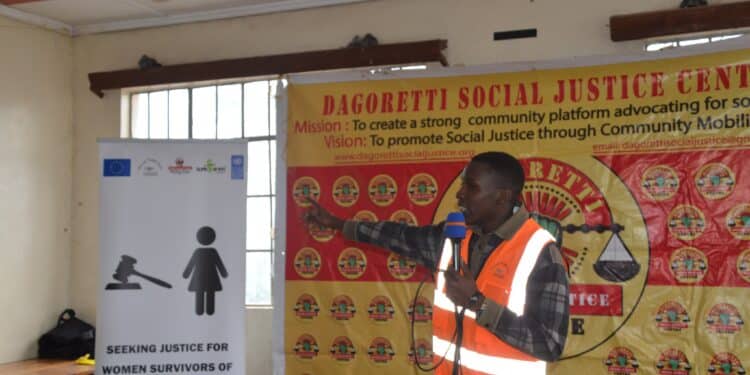Social justice is justice in relation to a fair balance in the distribution of wealth, opportunities, and privileges within a society where individuals’ rights are recognized and protected.
It is the essential belief that values such as equality, fairness, and inclusivity shouldn’t be limited to a few in society.
In Kenya, like many other countries, the pursuit of social justice is an ongoing struggle. Some of these social challenges include poverty, inequality, and corruption among others.
Because of this, non-governmental organizations (NGOs) and civil society organizations (CSOs) such as Amnesty Kenya, Amref health Africa, Oxfam and local outfits like Social Justice Center, Kenya Tuitakayo and Amkeni Wakenya among others are invested in the progression of social justice within the country.
These organizations are working to defend human rights, promote good governance, and empower underprivileged groups.

Because NGOs and CSOs are often at the forefront of the fight for equality and inclusion, they play a critical role in holding the government accountable.
As such, in this article we explore their contributions in promoting social justice and advocating for positive change in Kenya.
Also Read: NGOs to Cite Sources of Income in Efforts to Curb Money Laundering Schemes
Advocacy and Awareness
NGOs and CSOs are very instrumental in raising awareness about social justice issues.
Through their work, they bring attention to problems that might go unnoticed in the public eye such as gender inequality, human rights violations, and environmental degradation issues.
Further, they do this by conducting research, producing publications, and media campaigns that highlight these issues.
An example is when family, friends and CSOs came together by taking to streets in large numbers to demand justice for 15-year-old Ebby Noelle Samuels who died mysteriously at a high school in 2019. Their protest brought a lot of attention to the case and forced security officials to conduct further investigations.
Therefore, by advocating for marginalized communities and giving them a voice, NGOs and CSOs create space for dialogue and change.
Policy Influence
In addition, NGOs and CSOs help to shape public policies especially on social justice through their engagement with various government officials, lawmakers, and other stakeholders.
A quote from the publication “The impact of civil society on Kenya’s development agenda” states CSOs are crucial players in any country’s developmental agenda. They play crucial roles socially, economically and politically.
For any country to grow economically, it requires large presence of actively involved CSOs in most of it sectors if not all. An example of this is organizations like the Kenya Human Rights Commission and the National Gender and Equality Commission which have played key roles in influencing policies related to human rights and gender equality in the country.
Community Development
Many NGOs and CSOs work directly with communities at the grassroots level to fight social injustice.
They provide access to essential services, education, and resources to people living in disadvantaged communities or in negative situations, which empowers them to lead better lives.
An example is Trace Kenya, an organization founded in 2006 that works to rescue, rehabilitate and re-integrate women, youth and children who were victims of human trafficking.
According to the organization, they have supported more than 900 children and educated them after rescue from child trafficking and rescued over 700 young men and women, many of whom were victims of forced labor in the Middle East countries.
Monitoring and Accountability
NGOs and CSOs also serve as watchdogs for government actions and hold them accountable for their commitments.
They monitor the implementation of policies and the allocation of resources to ensure that they benefit the most vulnerable groups in society. According to a publication on this topic, this oversight helps to reduce corruption and ensures that resources are used effectively.
An example is during the beginning of the year when CSOs came together to address the government on the cost-of-living crisis under the Okoa Uchumi campaign, an initiative aimed towards all stakeholders to redress Kenya’s public debt crisis by pushing for political responsibility and accountability.
Legal Support
NGOs and CSOs often provide legal assistance to individuals or groups whose rights have been violated.
Moreover, in a country with a history of human rights abuses, access to legal representation is crucial for victims.
As such, NGOs like the Kenya Human Rights Commission and the International Commission of Jurists Kenya have played significant roles in advocating for justice and the rule of law.
Another example is Kituo Cha Sheria, one of the oldest serving legal aid organizations that has positively impacted the lives of many in marginalized communities in Kenya by providing access to justice over the last 40 years.
Another organization is the Federation of Women Lawyers in Kenya (FIDA-Kenya) that provides legal assistance and advocacy for women and girls.
Capacity Building
NGOs and CSOs also engage in capacity building projects by offering training and skill development programs to individuals and communities.
This empowers people to become self-reliant and actively participate in their own development, ultimately contributing to social justice.
An example is Amkeni Wakenya, a civil society democratic governance facility that provides financial and technical support to CSOs to promote democracy, human rights, and governance reforms among others.
Since its inception in 2008, the organization has provided support to over 400 CSOs across Kenya in form of grants and capacity building trainings targeted at small grassroots-based CBOs as well as medium size and bigger national-level CSOs.
Research and Data Collection
Accurate data is essential for evidence-based policymaking. Because of this, NGOs and CSOs conduct research and collect data to provide a factual basis for their advocacy work.
By highlighting the extent of social injustices and their impact, they can effectively advocate for change.
Likewise, a 2019 study by the World Bank found that data-driven policy is essential for reducing poverty and inequality. It further found that countries using data to inform their policies are more likely to make progress on social justice issues such as education, healthcare, and access to justice.
Furthermore, in South Africa, data has been used to identify and address poverty and inequality. For example, data has shown that the poorest 20% of South Africans earn less than 2% of the country’s income. This data has led to reforms such as the expansion of social safety nets and the introduction of a minimum wage.
Also Read: Ruto Goes After NGOs Receiving Millions from Donors
Challenges Facing NGOs and CSOs
Limited Funding
However, while NGOs and CSOs are making commendable efforts to fight social injustices, they still face a number of challenges including limited funding among others.
Since they are often reliant on donor funding, their financial stability becomes unpredictable. This reliance can also disrupt their daily operations and in some cases their ability to plan for and execute long term projects.
However, to address this, NGOs and CSOs could consider diversifying their funding sources by partnering with private sector organizations to develop a more stable financial base.
Government Interference
Government interference is also another challenge; this intrusion can look like passing restrictive legislation, imposing burdensome regulations, and harassing and intimidating staff.
Such actions may delay progress and affect the operation of NGOs and CSOs, in the end hindering their work in advocating for social justice.
Therefore, addressing this requires a multi-faceted approach that involves maintaining open lines of communication with the government to be able to dialogue on conflict areas, but they can also form alliances with other legal and human rights organizations in order to strengthen themselves and gain support.
In conclusion, as Kenya continues to strive for social justice, the efforts of NGOs and CSOs remains an important aspect in addressing the nation’s pressing issues.
Through advocacy, legal support, policy influence and community development efforts, the needle will keep moving forward even in the midst of government interference and limited funds.
Nonetheless, due to their commitment, these organizations not only advocate for positive change, but also serve as beacons of hope for a more just and equitable future in Kenya.


